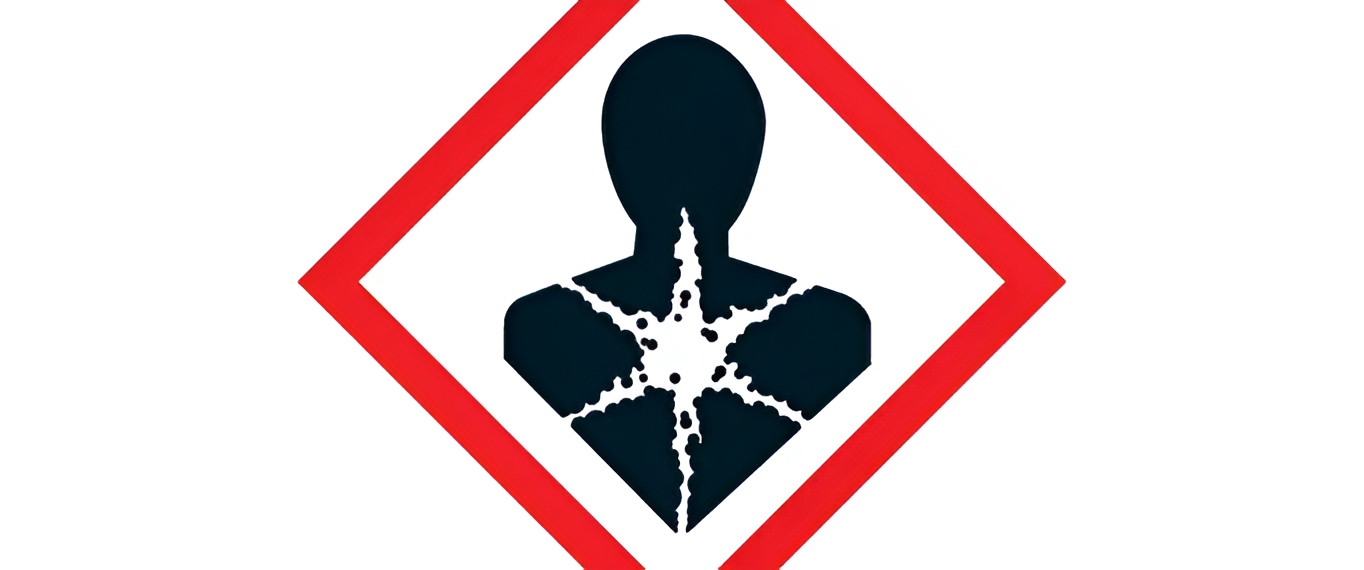The European Green Deal represents a significant step forward in the European Union’s commitment to sustainability and environmental responsibility. Introduced by the European Commission, this broad policy framework aims to make Europe the first climate-neutral continent by 2050, intertwining environmental, economic, and social sustainability into a cohesive strategy. Essential to this ambitious plan are initiatives to reduce carbon emissions, enhance energy efficiency, foster biodiversity, and move towards a circular economy.
This article focuses on how the Green Deal will impact cosmetics brands that sell online to or within Europe, and the specific effects it will have on e-commerce in the cosmetics industry.
EU Green Deal Chemicals Strategy
A crucial aspect of the Green Deal is the Chemicals Strategy for Sustainability, which profoundly influences the cosmetics industry. This strategy focuses on phasing out harmful chemicals and fostering the development of safe and sustainable alternatives. It presents both challenges and opportunities for cosmetics manufacturers, necessitating significant adjustments in product formulations and supply chain management.
The impact of these changes is especially significant for the online cosmetics trade. Online retailers must navigate the complexities of complying with new regulations, which include stricter ingredient controls and greater transparency through digital labelling.
In the context of the European Green Deal and particularly its Chemicals Strategy for Sustainability, online retailers in the cosmetics industry face several new challenges and compliance requirements:
1. Stringent Controls on Ingredients
The strategy aims to phase out the most harmful substances in cosmetics, requiring online sellers to adjust their product lines accordingly. This means that products previously available might no longer be permissible under the new guidelines if they contain banned substances.
Retailers must stay informed about these changes to ensure their online offerings comply with the latest EU regulations. For instance, substances such as certain endocrine disruptors, persistent organic pollutants (POPs), and other chemicals of concern including formaldehyde and parabens are targeted for phase-out.
2. Increased Transparency with Digital Labelling
Digital labelling requirements are part of the broader push towards transparency in product composition and sustainability. Online retailers must now provide more detailed information on product labels, which could include the environmental impact of the product, the origin of ingredients, and safety information. This requires updates to online product pages and potentially rethinking how products are presented and marketed to consumers.
These requirements necessitate that online cosmetics retailers adapt their business operations, from supply chain management to product marketing, ensuring that all products meet the new EU standards. This adaptation not only affects compliance but also plays a significant role in shaping consumer perceptions and demands in a market increasingly focused on sustainability and health.
EU Green Deal Affects Marketing and Sales

The Chemicals Strategy affects not just the formulation of products but also their marketing and sales strategies. Online platforms must ensure that product listings are updated to reflect ingredient changes and comply with new EU directives.
Under the European Green Deal’s Chemicals Strategy for Sustainability, there are significant implications for how cosmetic products are marketed and sold online. This affects online platforms in several specific ways:
1. Ingredient Transparency
As new regulations phase out harmful chemicals like endocrine disruptors, persistent organic pollutants (POPs), and other chemicals of concern such as formaldehyde and parabens, online retailers must update product descriptions to reflect these changes. This includes clearly listing new ingredients and possibly explaining why certain ingredients have been replaced or removed, enhancing consumer trust and compliance with EU directives.
2. Marketing Adjustments
The marketing of cosmetics will also need to align with the sustainability goals of the Green Deal. This means that claims about a product being “eco-friendly” or “sustainable” must be substantiated according to stricter EU guidelines such as the EU Ecolabel, Green Claims and other relevant directives. Retailers may need to provide evidence of sustainability claims, such as certifications or details about the sourcing of ingredients.
3. Adapting Sales Strategies
Sales strategies might need to adapt to emphasise the environmental and health benefits of products that comply with the new regulations. This could involve highlighting features like biodegradability, the absence of specific harmful chemicals, or energy-efficient production processes in the product listings.
4. Regulatory Compliance on Product Pages
Online product pages must not only be transparent but also compliant with all relevant EU legislation, which may include new labelling requirements. Retailers must ensure that all product information is up-to-date and compliant, potentially requiring regular audits of product listings.
Each of these points requires ongoing vigilance and adaptation from online retailers to ensure they not only comply with the new directives but also leverage these changes as a competitive advantage in a market increasingly focused on health and sustainability.
What Cosmetics Manufacturers and Retailers Can Do Now
Cosmetics manufacturers and retailers must take proactive steps to prepare for the impacts of the European Green Deal. Here are several actionable strategies:
1. Audit and Reformulate Products
Conduct comprehensive audits of existing product lines to identify and replace harmful chemicals with safer alternatives. Invest in research and development to formulate products that meet the new sustainability standards.
2. Enhance Supply Chain Transparency
Develop transparent supply chains that can trace the origin and sustainability of ingredients. This not only ensures compliance but also builds consumer trust.
3. Upgrade Digital Infrastructure
Implement robust digital systems to handle new digital labelling requirements. Ensure that all product information is accurate, comprehensive, and readily accessible to consumers online.
4. Certifications and Compliance
Obtain relevant certifications such as the EU Ecolabel to substantiate sustainability claims. Regularly update compliance protocols to keep pace with evolving regulations.
5. Consumer Education
Engage in consumer education campaigns to inform customers about the benefits and necessity of the changes being made. Highlight the health and environmental benefits of the new, compliant products.
By taking these steps, manufacturers and retailers can not only ensure compliance but also position themselves as leaders in the sustainable cosmetics market.
Implications of the Green Deal on Packaging for Cosmetics Products
To gain a deeper understanding of the European Green Deal and its far-reaching impact we have included a comprehensive video that elaborates on the strategies and goals of this ambitious initiative. The video discusses the new EU Packaging & Packaging Waste Regulation (PPWR) and its significant implications for online sellers in Europe.
It covers new requirements for recycling and reuse of packaging, extended producer responsibility (EPR), and the obligations for online platforms and authorised representatives. Be sure to watch the video below to learn how these changes will affect manufacturers and online retailers of packaged products in Europe and how you can start preparing now.
In addition to recyclability quotas and the requirement for reusable packaging, the most significant change will be that online sellers of cosmetic products who sell cross-border to end-consumers will need to appoint authorised representatives in each member state where they are not based.
Conclusion
In conclusion, the European Green Deal sets a new standard for environmental governance, with significant implications for the cosmetics industry. Companies, especially those operating online, must employ strategic foresight and innovation to align with these regulations and embrace the shift towards a greener, more sustainable future. The ongoing transformation in the cosmetics sector underlines the broader commitment of the European Union to safeguard the planet while fostering economic growth and consumer safety.
For more detailed information on the European Green Deal, please visit the official EU pages:
• Council of the European Union – Green Deal
• European Commission – European Green Deal

About the author: Tibor Barsony
Tibor Barsony works as Digital Content Creator for ecosistant and is on his mission to spread the word about EPR & waste regulations for e-commerce in Europe.
About ecosistant
At ecosistant, we assist online retailers in meeting their legal recycling obligations across Europe. Our team of experienced EPR and sustainability consultants offers digital solutions to break down trade barriers and make recycling more accessible. Since 2020, we have been connecting e-commerce companies with recycling systems across Europe to promote sustainability and ensure corporate social responsibility. With our background in online retail, we understand the challenges our clients face, making us ideal partners for sustainable e-commerce compliance.



